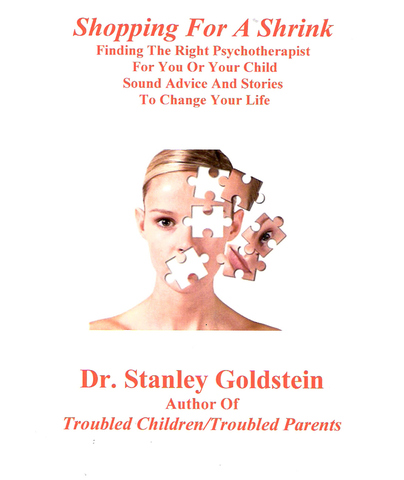
The destructive power of loneliness has long been recognized. Lengthy solitary confinement, even when needed to insure the safety of others, has been condemned as torture, and it is not unknown for a spouse to die soon after the death of their beloved. Humans are social beings and suffer when isolated. While a newborn could not survive on their own an adult can for they have other capacities: imagination can transform a solitary existence into a happier time and productive work can grant life meaning.
Coping with the memory of past mistakes is painful too. Forgiveness may be divine but is not easy, and more so when one is socially isolated. A recent article in The Wall Street Journal described the murder suicide of a Connecticut technology executive who, after a lengthy marriage which ended in divorce, lived with his mother. Suffering from substance abuse and mental health problems he found a friend in his Artificial Intelligence companion who exuded sympathetic and reassured his views, feeling less isolated as he became more delusional. While suicide has complex roots and, as has been said, is a permanent solution to a temporary problem, murder/suicide reflects both anger and unconsciously forcing the suicide that is believed deserved because of feelings of worthless, of being unworthy of life.
Relationships are not easy and their absence can devastate but allowing oneself to hope can reduce suffering since memories of survived pains and earlier joys do persist in the recesses of one's mind.
